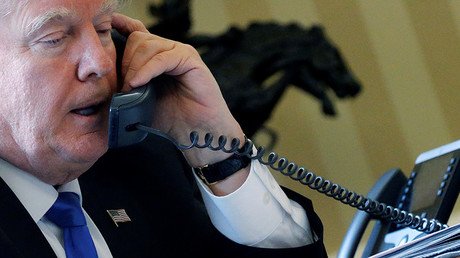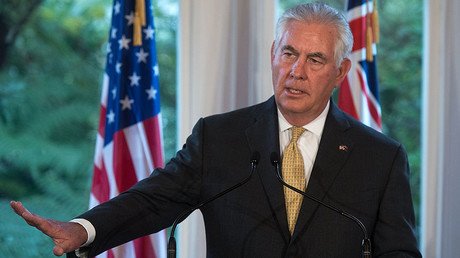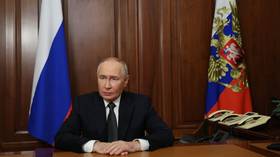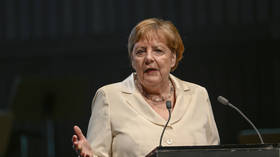Global leadership part of Washington’s DNA, while Russia has been ‘defender & advocate’ – Kissinger
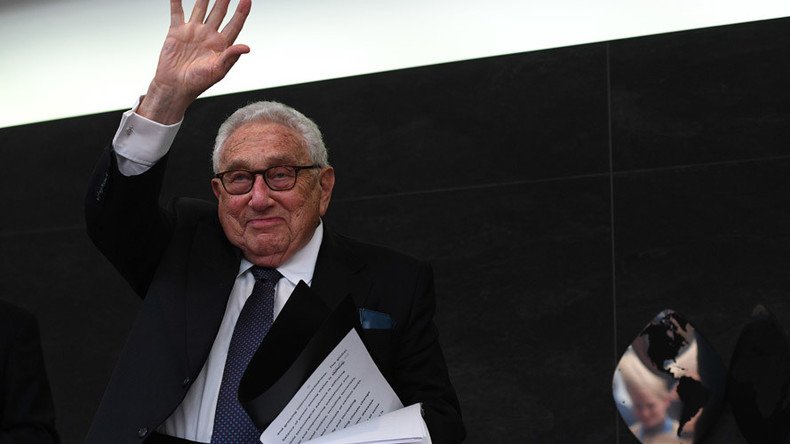
Global leadership is part of US foreign policy DNA, according to former US Secretary of State Henry Kissinger, while Russia has previously positioned itself as “defender and advocate” of a world order based on religion, and then on Marxist principles.
Speaking alongside Russian Foreign Minister Sergey Lavrov at the Primakov Readings International Forum on Friday, Kissinger said that “the idea of global leadership is almost part of the American foreign policy DNA,” adding that the US has positioned itself not simply as a leader, but as “the leader.”
“In a similar way, Russia for the past two centuries has positioned itself as the defender and advocate of a view of world order based first on religion, then on Marxist principles.”
Those differences are not the only ones experienced by the two countries, Kissinger said, noting that “tensions between the US and Russia are not a rare event.”
“They have happened often before, and they’ve been overcome often before.”
He went on to state that both the US and Russia should “apply the lessons of overcoming our differences” which have been learned in the past.
Kissinger noted that some people believe tensions between great powers are inevitable, as they “always compete for power and prestige.”
However, he said that there are other key factors behind the relationship between Washington and Moscow – particularly that their perceptions of national security have always been “quite different.”
“Historically, Russia has been focused on the challenge of defending a vast, sparsely populated territory with few natural barriers, abutting powerful and unstable nations,” Kissinger said.
“Security has been the primary concern of governments in Moscow and St. Petersburg. One means to that end has been to try to establish defensible borders and limiting foreign influence inside Russian controlled territory."
“In the US, by contrast, the country – once it established its dominant position in North America – has been physically secured,” he said.
As for the future relationship between Russia and the US, Kissinger believes constructive progress and dialogue is possible.
“We have to consider what it is we seek to prevent, what it is that we seek to achieve, and to begin from the premise that we are pursuing a peaceful and constructive evolution in which neither side directs its measures either to undermine the other or to gain a specific advantage, but rather to see whether a cooperative outcome is conceivable…
“I’m optimistic that recognition of the global nature of this world, the impact of each other, of this technology, and respect for the historical position of each country, we may be at the beginning of one of the constructive periods in Russian-American relations.”
Kissinger, born in Germany, served as secretary of state and national security adviser under the presidential administrations of Richard Nixon and Gerald Ford. He received the Nobel Peace Prize in 1973 for his role in the Paris Peace Accords, which ended American involvement in the Vietnam War.
The 94-year-old met Russian President Vladimir Putin behind closed doors on Thursday, ahead of US President Donald Trump’s meeting with the leader next week.
Kissinger previously acted as a back-channel intermediary between Washington and Moscow in the 1960s, passing messages to the leadership of the Soviet Union on behalf of Nixon.
The Kremlin denied that he is currently acting as a go-between.
“He didn’t try. That did not happen,” Kremlin spokesman Dmitry Peskov said on Friday.
